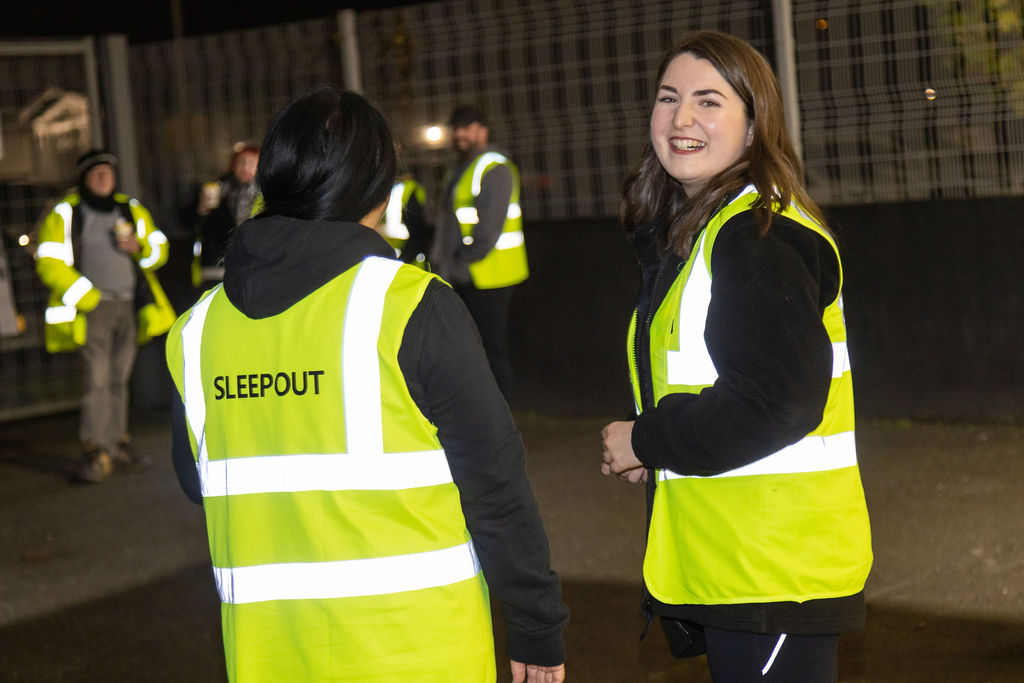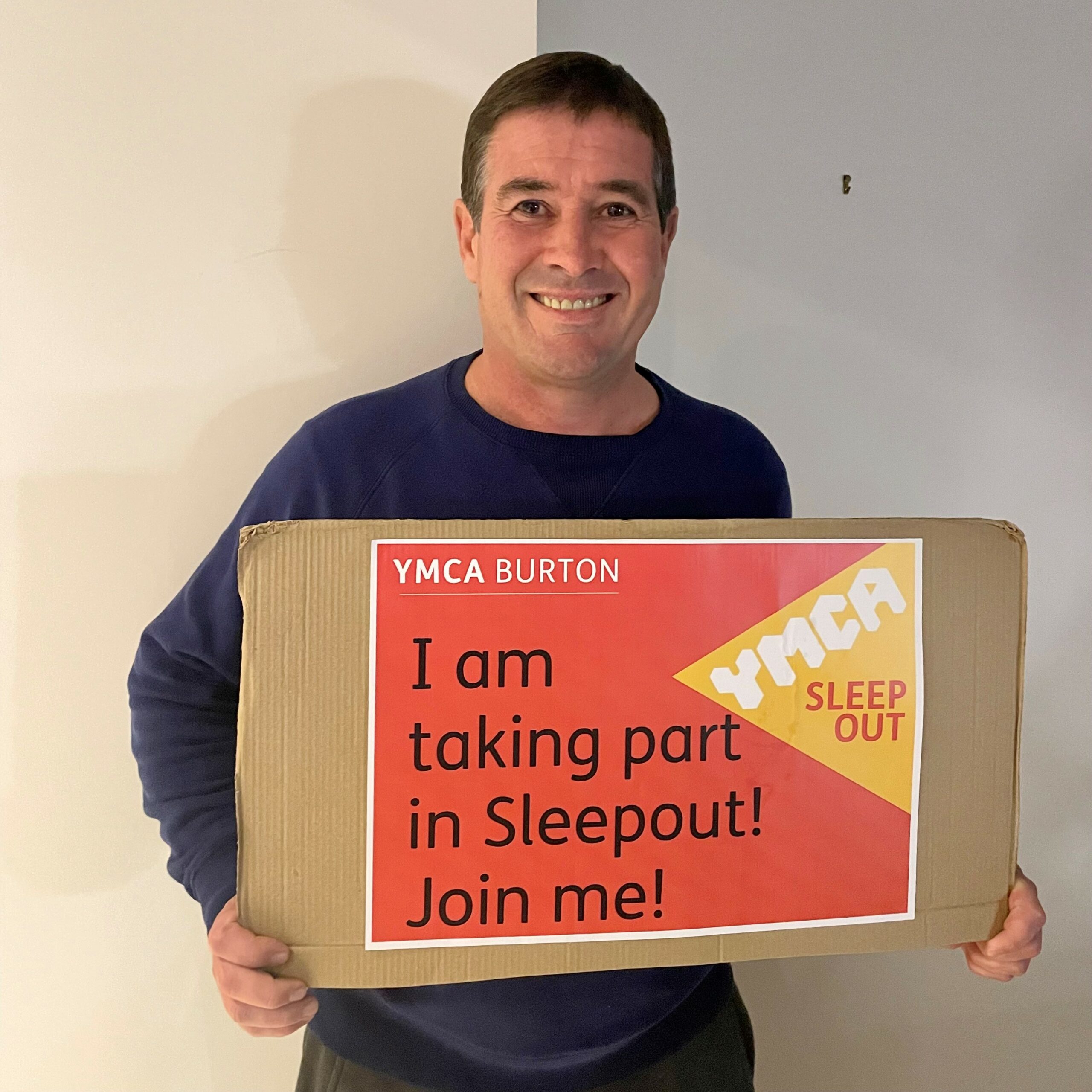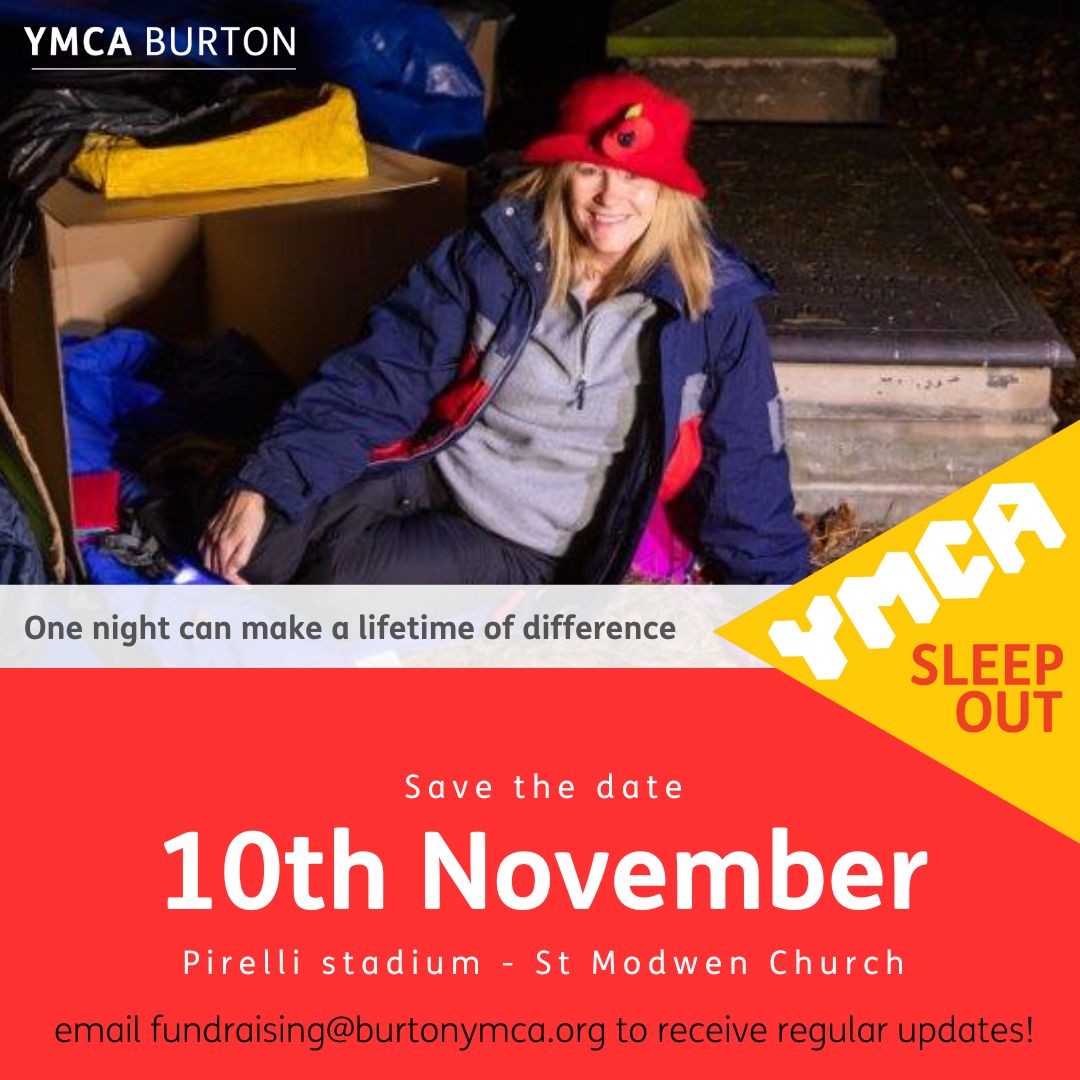This month’s blog has been written by our Mediator Peter O’Reilly….
So, 2020 is behind us; and even if there is shadow stretching into the present, its strength is fading as the light of what is possible grows.
2021 was getting off to a promising start, even before it came. In late December, two of our volunteers who had had to withdraw for a time reported themselves ready to pick up their mediation work again soon. We begin the year, also, with a certain confidence that whatever is thrown at us, we will respond with the same determination that saw us provide uninterrupted services for the families, and their support agencies, who use us.
Of course, we are not blind to the reality of families.
As I write, there is the disturbing results of research saying that as many as one quarter of children are ‘struggling to continue.’ Young people are suffering. It has been eleven months for many of them, who have experienced the loss of much (‘freedom’ or ‘being with friends’ they say and they don’t even know the losses of the routine and rhythmic stability of the school week). They are experiencing a whole spectrum of responses; from the silencing powerlessness of sadness (or depression?) to the self-frightening loss of control expressed in outright rebellion and ‘off the rails’ risk behaviours. As many of you will know better than us, it is really difficult for teenagers, even if they find voice in such a state, to believe that their parents (themselves seen to be not much in control of what happens) DO understand and care and want to be alongside them.
Our provision? We create a space where they can be together in this. Sometimes just ‘being’ together is all they can do; but when experienced as true, is enough. The ‘this is not normal’ conversation can be had; leading to the ‘it is OK to be angry (or sad)’ conversation and a reassuring, ‘we will create a normal soon.’ We help the young to decide to engage and to find voice in those conversations.
Parents are stressed. It can be joked about on Facebook (and that is important), but the stress of home-learning monitoring, the constant struggle to help children focus, along with all the ‘adult’ insecurities is taking its toll. For example (and this is just one), in the past few months, one quarter of the families we worked with had at least one parent working in the NHS and they all speak about ‘bringing the stress of work home.’ Their resilience for dealing with difficult teenage behaviour is at a low. The mediation space provides an opportunity to talk about the issues in a way that is about helping each other, as opposed to constantly pulling against each other. Parents relate that, even if clear solutions are not found, it is valuable to them, for a couple of hours, to have ‘just normal conversation’ about difficult things.
As government and scientists are at pains to tell us, whilst we can believe in an ending now, it is not over yet. Our mediation service will continue to do its bit to continue to create for families, those spaces for real, honest togetherness and connectedness that sees people through the toughest of times -together.
By the end of this year, it is hoped, we will be looking back. What will our services plan to bring out of it all? Well, we have begun tentative internal conversations in YMCA about what different parts of our services have been learning about community needs; about what our experience and resources can offer to those needs. How can we work together even better to enhance the possible? More on that as we are ready to share . . .
The provision of our services in new ways (using remote meetings and newly shaped resources) will open us to new possibilities for provision into the future – there will be integration of the new with what used to be normal. For example, in the past when a young person had refused to come out to meetings, there wasn’t much we thought we could do about it. Now, we will be able to offer other options; like remote meetings. We are more skilled in managing meetings where three participants are in three different locations. Another example is the new resources we have had to develop to visually present models and ways of thinking to participants – these will continue to be used and developed.
New years, traditionally, are used to offer ourselves new possibilities. In all honesty, it feels a bit like last year has leaked into this one; but 2021 is definitely, perhaps more so than in a long time, a new year that holds great potential . . . even if there is shadow stretching into the present, its strength is fading as the light of what is possible grows.





